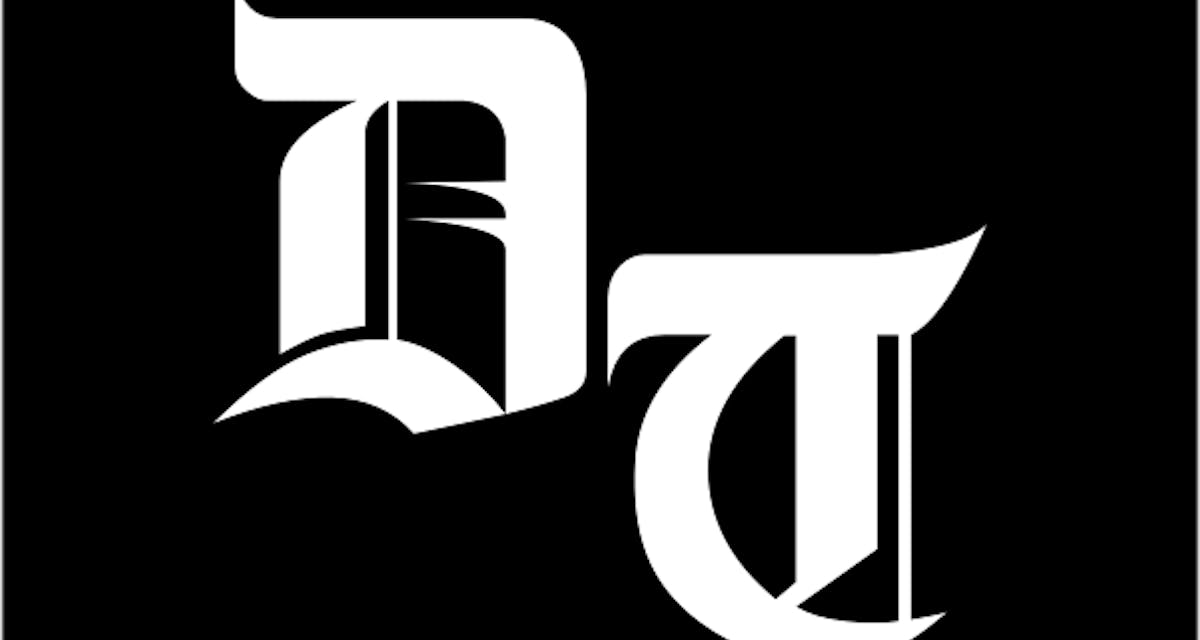- Joined
- May 7, 2011
- Messages
- 180
- Reaction score
- 177
Greetings, it has been a while since I have posted anything. I have been busy with my new job in the last 6 months.
There has been are a lot of posts in this forum on job cuts, hour reductions or retail pharmacies closures. Although the impacts touch us all, we have to respect the those decisions as part of normal business cycle. Public held companies must meet their financial targets and earning forecast.
Link below is the news on "Rutgers University Student Pharmacy Closure"

 www.dailytargum.com
www.dailytargum.com
This development actually worries me a lot. For years, schools do not touch pharmacies even when they bleed financially, as the pharmacies provide needed services to students who are paying customer to school. Of course, mail order plays a factor in the decision making. However, it can't be helped but wonder the directions and impacts of this decision. It is not about pharmacist jobs or pays, it is about the "Value of Pharmacy" in the eyes of decision makers everywhere. It is a game changer.
Next, should we be concerned for hospital outpatient pharmacies that don't turn profit?
There has been are a lot of posts in this forum on job cuts, hour reductions or retail pharmacies closures. Although the impacts touch us all, we have to respect the those decisions as part of normal business cycle. Public held companies must meet their financial targets and earning forecast.
Link below is the news on "Rutgers University Student Pharmacy Closure"

The Daily Targum
The Daily Targum is where you can find Rutgers University's campus news, Scarlet Knights sports coverage, features, opinions and breaking news for New Brunswick, New Jersey
This development actually worries me a lot. For years, schools do not touch pharmacies even when they bleed financially, as the pharmacies provide needed services to students who are paying customer to school. Of course, mail order plays a factor in the decision making. However, it can't be helped but wonder the directions and impacts of this decision. It is not about pharmacist jobs or pays, it is about the "Value of Pharmacy" in the eyes of decision makers everywhere. It is a game changer.
Next, should we be concerned for hospital outpatient pharmacies that don't turn profit?